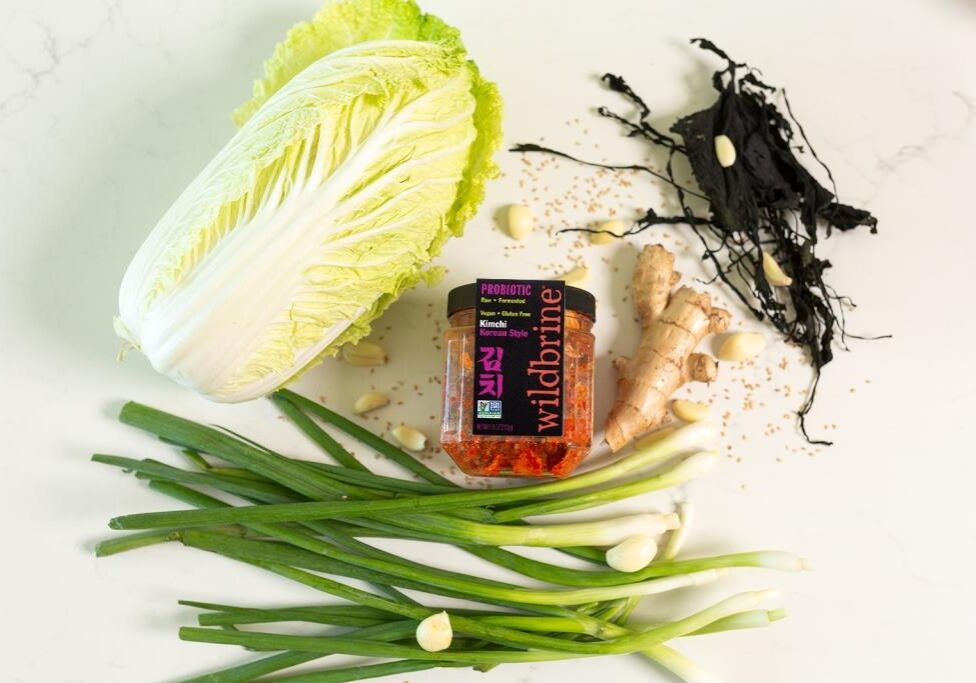Our microbiome, comprised of many kinds of microorganisms that live in our intestines, not only supports our wellbeing and happiness, it may also predict our chances of living a long and healthy life.
That’s the take-away from a recent study in the journal Nature Metabolism. The authors of the study have found that over a lifetime, the composition of a healthy microbiome in people changes. The kinds of microbes most prevalent in young adulthood and middle age decline and are replaced by species that were less prevalent in younger years, but in later years make up a larger proportion of the microbiome. In addition, the more the microbiome changes with advancing age, the more unique it becomes to the individual in which it lives. And the more unique it is, the more it helps extend its host’s lifespan and good health.
The study suggests that a microbiome that changes as you get older is a sign of vitality. Dr. Sean Gibbons, one of the study’s authors, told The New York Times. “Maybe a microbiome that’s healthy for a 20-year-old is not at all healthy for an 80-year-old,” he said. “It seems that it’s good to have a changing microbiome when you’re old. It means that the bugs that are in your system are adjusting appropriately to an aging body.”
How to Attain a Healthy Microbiome
We recently looked at “postbiotics;” that is, compounds produced by our gut bacteria that enhance our health. And it may be these postbiotic compounds that at least partly explain the benefits for healthy aging. The researchers found, for instance, that people whose microbiomes became more unique over time also had more of the bacterial metabolites that maintain the integrity of the mucus lining of the intestines. The Bacteroides bacteria that dominate the microbiomes of young people like to metabolize mucus, including the protective mucus that lines the gut. “Maybe that’s good when you’re 20 or 30 and producing lots of mucus in your gut,” Dr. Gibbons said, “But as we get older, our mucus layer thins, and maybe we need to suppress these bugs.” If a preponderance of Bacteroides destroys the integrity of the mucus lining, it could set off chronic inflammation, an immune response implicated in a wide range of age-related illness, such as heart disease, diabetes, cancer, and arthritis, Dr. Gibbons said.
Eating probiotic fermented foods like the kimchi and sauerkrauts we make here at wildbrine, as well as eating fiber-rich whole grains, seeds, nuts, and fresh vegetables and fruits helps develop a healthy microbiome and evolve away from Bacteroides and become more unique to its host.
The lead author of the study, Dr. Tomas Wilmanski, studied the microbiomes of over 9,000 people aged 18 to 80. He found that people whose microbiomes didn’t change much as they aged were in poorer health, with higher LDL cholesterol and triglycerides and lower levels of vitamin D. They were less active and slower on walks. They needed more drugs and they were more than twice as likely to die during the study period, an article in the Times by Anahad O’Connor reports. “The researchers could not be certain whether changes in the gut microbiome helped to drive healthy aging or vice versa,” O’Connor wrote, “But they did see signs that what happens in people’s guts may directly improve their health.”
This will not be news to those who take advantage of the great flavors, health-promoting compounds produced by the microbes that ferment our wildbrine products, and the fiber-rich foods we use in our kimchi and sauerkrauts.
What is news is that eating fermented and whole foods rather than processed junk foods encourages our microbiomes to change throughout our lifetimes in order to provide age-appropriate health support. It’s in the healthy microbiome’s best interest after all.
About the Author: Sonoma County resident Jeff Cox is the author of 24 books, including The Essential Book of Fermentation (Avery, 2013)
